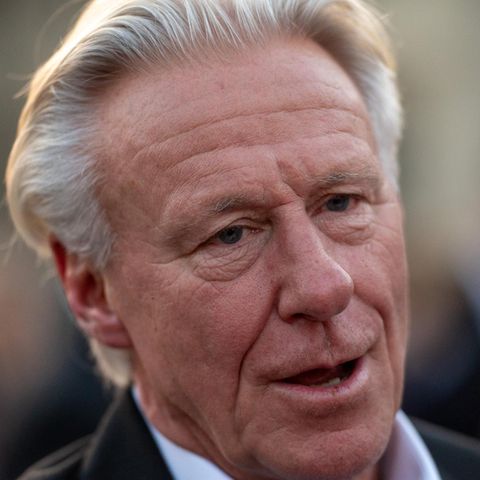The chemical company’s business is currently going well. If the corona pandemic doesn’t thwart the company’s plans, a new record could even be achieved this year.
The recovery of the global economy from the corona pandemic, the increasing demand for chemical products and higher prices for them bring BASF profits in the billions and ensure optimism for further business.
In the second quarter, the bottom line was a profit of 1.65 billion euros, as the chemical company announced on Wednesday. In the previous year, there was a loss of 878 million euros due to write-downs on the Wintershall Dea stake as a result of the oil price slide. Sales increased by 56 percent to 19.75 billion euros compared to the Corona-stricken period of the previous year.
Driven by the strong business development, the group is aiming for sales of 74 to 77 billion euros this year. In the upper range, that would be the highest turnover in the company’s history and would even exceed the previous peak values from 2011 to 2014. The operating profit before taxes, interest and special items (EBIT) should reach 7.0 to 7.5 billion euros. In the corona crisis year 2020, BASF had an adjusted EBIT of almost 3.6 billion and revenues of around 59 billion.
BASF published the preliminary figures for this quarter on July 9 and raised its outlook for the full year 2021. This forecast has now been raised again.
On the stock exchange, BASF shares initially rose slightly compared to the previous day, but then gave up this gain and slipped slightly into the red later in the morning.
“The dynamic business development of the two previous quarters continued,” said BASF CEO Martin Brudermüller. The group was able to achieve volume and price increases in all regions and business areas.
The Ludwigshafen-based company benefited particularly strongly from business with basic chemicals and the plastics industry (materials). The business with seeds and weed killers also increased sales, but achieved lower profits due to the continued negative currency effects, especially in South and North America, and high transport costs.
In its forecast, the chemical company assumes that there will be no major economic restrictions due to the corona pandemic in the second half of the year due to the corona and that the stable economic development in the industry will continue. In the wake of the Corona crisis, BASF had to make significant cuts and tightened the austerity course. This also includes job cuts. Most recently, the group employed just under 108,000 people, almost 10,000 fewer than at the end of June 2020.
Jane Stock is a technology author, who has written for 24 Hours World. She writes about the latest in technology news and trends, and is always on the lookout for new and innovative ways to improve his audience’s experience.




